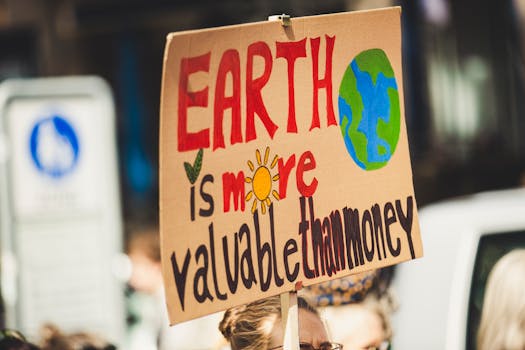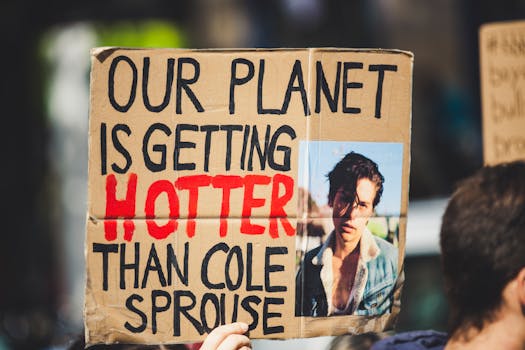
Understanding Climate Change Impacts

Climate change refers to long-term shifts in temperature and weather patterns, predominantly due to human activities such as burning fossil fuels and deforestation. These activities have led to an increase in atmospheric greenhouse gases, resulting in the Earth’s average temperature rising significantly over the past century. This rise in temperature is contributing to devastating impacts containing ecosystem alterations, rising sea levels, and extreme weather events.
Consequences on Ecosystems

The persistent warming of our planet has detrimental effects on diverse ecosystems. Coral reefs, which are vital for marine biodiversity, are particularly vulnerable to ocean temperature changes leading to massive bleaching events. Furthermore, shifting climatic conditions drive some species to extinction while allowing others to flourish, creating an imbalance. The migration of species expands into new territories affecting local wildlife diversity, necessitating urgent adaptation strategies.
Humanitarian Challenges Ahead

The ramifications come not just for wildlife but anyone residing amidst these ecosystems. The severity of climate change translates into food and water scarcity, contributing to humanitarian crises globally. Rising temperatures yield crop failure and unpredictable rainfall results in everything from droughts to havoc-producing floods. This situation leads to increased climate refugees—individuals and families who are forced to leave their homes for lack of livable conditions. The vulnerability escalates significantly in underdeveloped regions, calling for more robust international responses and systematic planning for relocation efforts.
Environmental News and Its Importance

In light of these pressing issues, comprehensive environmental news coverage is critical. verantwortlich media outlets prioritize transparency and public engagement, emphasizing the realities of climate change. By disseminating strategies on adaptation, sustainability practices, and emerging technologies in renewable energy, news organizations can empower people to take affirmative action. This includes lowering carbon footprints and supporting provitive policies that pursue environmental protections. Quality journalism also sheds light on local struggles while connecting them to broader climatological upheaval, encouraging a global conversation on solutions.
The Role of Social Media in Raising Awareness

While traditional media plays its part, the harnessed power of social media platforms triggers a new wave of climate engagement. Individuals harness their experience and leverage viral potential to address issues quickly and to large audiences. Everyday personas wields USB microphones to create wonders; thus fueling local movements driven by personal narratives around climate impacts, advocating for justice and community rebuilding tactics against the horrors logged by climate change. As a result, climate activism translates profoundly into communities where organic growth strategy ensures powerful localized implementations combat national reprimands surrounding environmental concerns.



